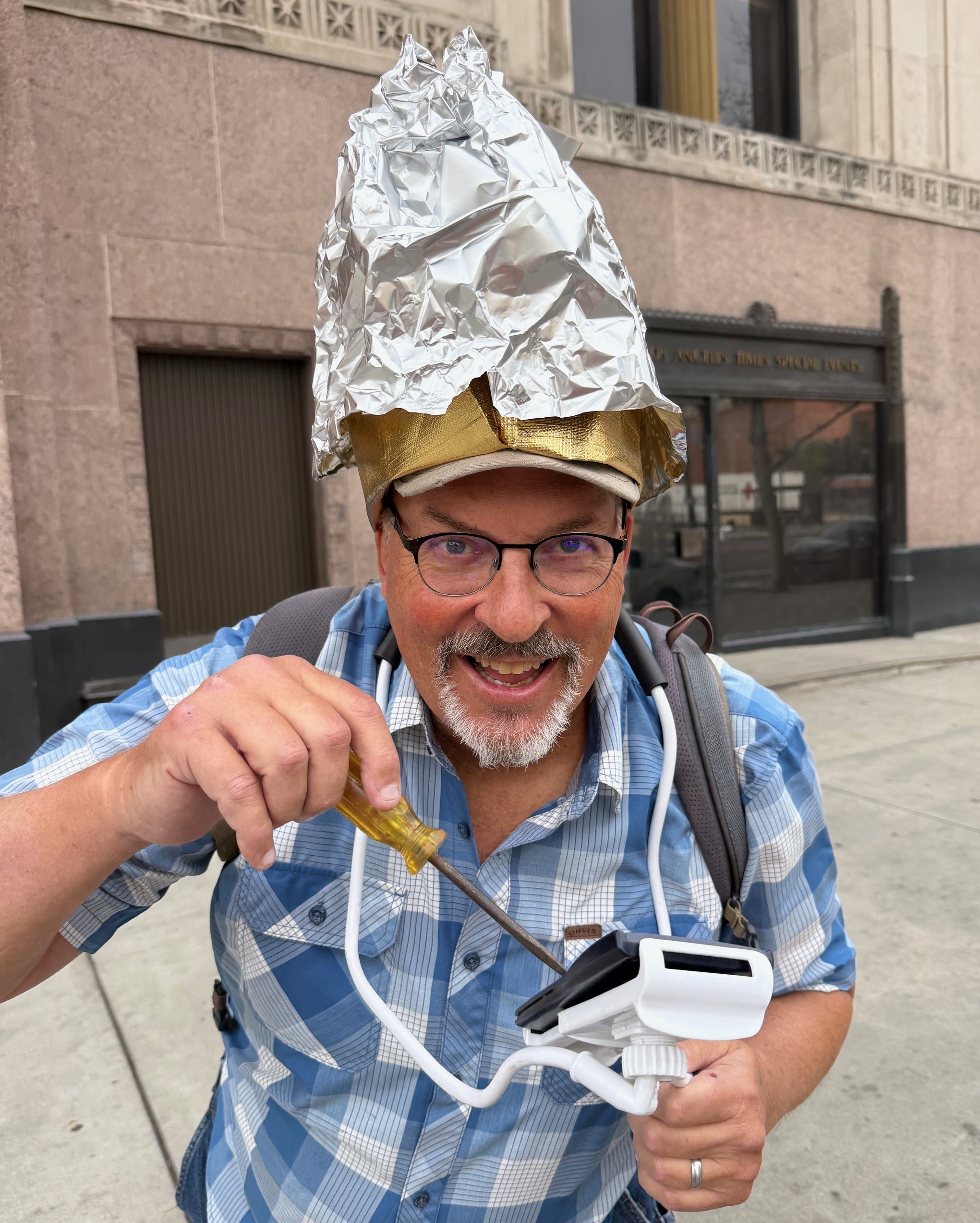Mid-City activist Charles Tarlow wrote a stirring, grass roots call to arms in this week's City Watch. Unfortunately, Tarlow's piece rails against congestion pricing and trots out some tired arguments that have been repeatedly debunked. It wraps opposition to one of the most environmentally friendly transportation planning choices in the flag, arguing that one of the most progressive ways to manage traffic and collect some funds to reinvest in alternative transportation is un-American.
Tarlow's argument can be divided into two parts. First is that congestion pricing will divide highway transportation into the "haves" and "have nots."
...the entire country will be changed forever and the divide between the "Haves" and the "Have Nots" will continue to expand until we won't be able to recognize this country.
The "Lexus Lane" argument, that congestion pricing is just a scheme to keep lower and middle class people off highways, has been used since congestion pricing was first introduced. Unfortunately for those that rely on class-warfare to fight congestion pricing, the argument doesn't hold water. Polling shows that where congestion pricing has been utilized, people of lesser means overwhelmingly support it.
The second argument is that roadways and many parking spaces have already been paid for and the government has no right to restrict their use.
If we the people want to be able to use our public roads and highways, if we want to be able to park in the public parking spaces that were bought and paid for by our tax dollars, we must write down the name of any politician that would deny us free access to our public infrastructure and we must not forget them at election time.
With California in a major transportation funding crisis and an estimated $152 billion needed over the next 30 years to maintain our infrastructure, arguing that the roadways are paid in full is specious at best. If L.A. County is going to raise this gigantic amount of money for transportation, it has to raise funds from somewhere, and charging for use of the existing transportation network is one way to do that.
Metro has made it clear that the money raised from congestion pricing will be used to invest in transit service along the corridors where congestion pricing is utilized. In other parts of the world, London is using some of the proceeds from congestion pricing to fund its billion-dollar bicycle plan. In New York, if Mayor Bloomberg's plan ever comes into fruition, fees paid by drivers will be poured back into transit and non-motorized travel.
I'm not sure why Tarlow brings up parking spaces, congestion parking isn't being considered for Los Angeles in the short-term, but it raises the opportunity to point out that low cost parking has a ruinous effect on communities and helps cause pollution. Of course, when the proponents of low-cost driving attack congestion pricing of any sort, the environment is one thing that rarely comes up.






